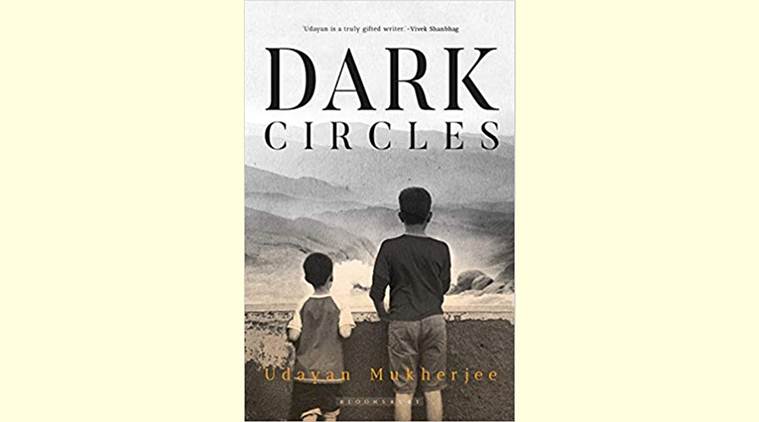Written by Asad Ali |Published: December 29, 2018 12:33:00 am
Family secrets
Mukherjee’s debut novel, Dark Circles, explores the human frailty — the inability of the living to hold the dead to account for their faults and fallacies.

In an article for this publication (IE, August 27), Udayan Mukherjee, writing on how society glosses over unpalatable truths about the departed, quotes Freud: “This consideration for the dead, which he really no longer needs, is more important to us than the truth; more important than consideration for the living.”
Mukherjee’s debut novel, Dark Circles, also explores this human frailty — the inability of the living to hold the dead to account for their faults and fallacies. Ironically, in Dark Circles, it is one of the lead protagonists who ensures that after she dies, the truth about her life — with all its ethical blemishes intact — is given serious consideration. Her consideration for the living assumes more importance than faux respect for her own past.
The novel traces the tumultuous lives of two brothers, Ronojoy and Sujoy, and the secret their mother Mala leaves behind for them in a letter, one that threatens to scar the very fabric of their life. Mala dies alone in an ashram and leaves her kids in a boarding school. This, after her husband, Subir, hangs himself in his house. There is also Apu, Mala’s brother-in-law, a recurring presence in the story. Dark Circles is a sensitive study of the anguish of its main characters and how — by design and destiny — Ronojoy and Sujoy are sucked into the eye of a storm that was never theirs to weather. How they manage to cope shapes the general arc of the story.
There are some painfully cliched tropes. For instance, Sujoy is your garden-variety MBA who is brash and is attracted to Anu, PR in-charge at the bank he works at, because where else would an attractive woman be working? He tires of her a bit because she’s put on weight. The milieu of the book will take the reader through properties in Maharani Bagh, Friends Colony, Safdarjung Enclave and, crucial to the story, a family home in Mukteshwar.
Mukherjee offers readers an almost too-intimate-for-comfort ringside view of a family that has suffered for its moral transgressions. But it also questions our perceptions of what constitutes such transgressions. It pushes us to look beyond the binaries of love and lust, reminding us that the moral compass we clutch so close to our hearts is, more often than not, limiting. It cannot give the right direction because the assumption that there is any “right path” is flawed to begin with.










.png)











No hay comentarios:
Publicar un comentario